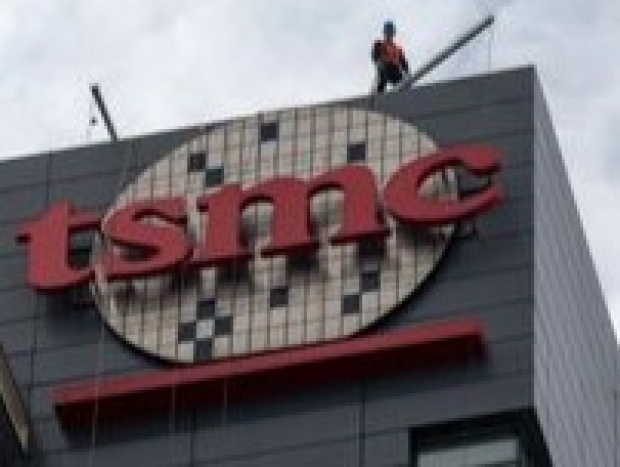The EU executive has confirmed the German government will finance half of the €10 billion investment required to establish TSMC's first European plant.
TSMC will work with Bosch, Infineon, and NXP in a joint venture known as the European Semiconductor Manufacturing Company (ESMC).
This plant represents the second-largest single project under the EU's Chip Act, second only to the planned €10 billion subsidy for US chipmaker Intel's site in Magdeburg, Germany.
TSMC will produce flexible field-effect transistor-based chips, extensively used in industrial applications, including the German automotive industry.
Speaking at the ceremony in Dresden, von der Leyen described the project as a "true win-win situation".
"European chip companies will gain access to new technologies and production capacity. European industries will benefit from more reliable local supply chains and new products that are tailored to their needs," she said.
"At a time of growing geopolitical tensions, TSMC will also benefit from geographic diversification to Europe, better access to our European strengths – like automotive – and to our unique single market," she added.
The new factory is the fourth large-scale project to receive funding under the EU's 2023 programme, which has already approved €292.5 million and €2 billion for two Italian projects and €2.9 billion for a French project.
Germany's largest chip project, a factory planned by US manufacturer Intel in Magdeburg, is not progressing at the same pace.
Of the total €33 billion investment, €10 billion would come from state aid, which has not yet received approval from Brussels. The EU has also not yet formally approved a second Intel project planned for Poland.
Intel's financial difficulties – with the company posting losses of €1.6 billion in the second quarter of 2024 – have raised concerns that the projects could be cut.
"




